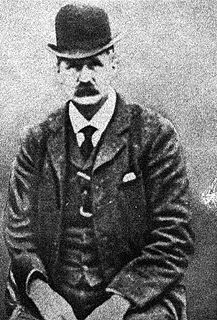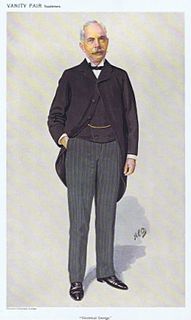
In management accounting or managerial accounting, managers use the provisions of accounting information in order to better inform themselves before they decide matters within their organizations, which aids their management and performance of control functions.
This page is an index of accounting topics.
The Institute of Chartered Accountants in England and Wales (ICAEW) was established by royal charter in 1880. It has over 150,000 members. Over 15,000 of these members live and work outside the UK. In 2015, 8,256 students joined ICAEW – the highest ever figure. 80 of FTSE 100 companies have an ICAEW Chartered Accountant on the board.

Institute of Chartered Accountants of Pakistan (ICAP) is a professional accountancy body in Pakistan. As of July 2016, it had 8,819 members working in and outside Pakistan. The institute was established on July 1, 1961 to regulate the profession of accountancy in Pakistan. It is a statutory autonomous body established under the Chartered Accountants Ordinance 1961. With the significant growth in the profession, the CA Ordinance and Bye-Laws were revised in 1983.

The Institute of Cost and Management Accountants of Bangladesh (ICMAB) at Nilkhet, Dhaka, Bangladesh is the only institution in the country dedicated to Cost and Management Accounting education and research. It is managed as an autonomous professional body under the Ministry of Commerce.

Chartered Professional Accountant is the professional designation which united the three Canadian accounting designations that previously existed:

Management accounting principles (MAP) were developed to serve the core needs of internal management to improve decision support objectives, internal business processes, resource application, customer value, and capacity utilization needed to achieve corporate goals in an optimal manner. Another term often used for management accounting principles for these purposes is managerial costing principles. The two management accounting principles are:
- Principle of Causality and,
- Principle of Analogy.

Joseph Slater Lewis MICE FRSE was a British engineer, inventor, business manager, and early author on management and accounting, known for his pioneering work on cost accounting.
James Bray Griffith was an American business theorist, and head of Department of Commerce, Accountancy, and Business Administration at the American School of Correspondence in Chicago, known as early systematizer of management.
Francis George Burton was a British engineer, incorporated accountant and general manager of the Milford Haven Shipbuilding and Engineering Co. in Pembroke Dock, Wales, known for his early works in the management accounting.

Jerome Lee Nicholson was an American accountant, industrial consultant, author and educator at the New York University and Columbia University, known as pioneer in cost accounting. He is considered in the United States to be the "father of cost accounting."
George Pepler Norton was a British accountant, known for the publication of his 1889 Textile Manufacturers' Bookkeeping, which contributed to the establishment of modern cost accounting.

John Whitmore was an American accountant, lecturer, and disciple of Alexander Hamilton Church, known for presenting "the first detailed description of a standard cost system."
Harry Anson Finney was an American accountant, and Professor of accounting at the Northwestern University. He is known as prolific author in the field of accounting. who had written a leading textbook in accounting, entitled "Principles of accounting" (1935).

Frank Erastus Webner (1865–1940s) was an American consulting cost accountant, and early management author, known for his work on cost accounting.
James Alexander Lyons was an American accountancy author, and publisher, known for publishing a series of books on bookkeeping and accountancy in the early 20th century. The first work Lyons published was the 1896 textbook entitled "A treatise on business practice," which was designed as textbook for all business schools and as reference for all classes.
Prem Sikka is a British accounting academic. He holds the position of Professor of Accounting at the University of Sheffield, and is Emeritus Professor of Accounting at the University of Essex.














